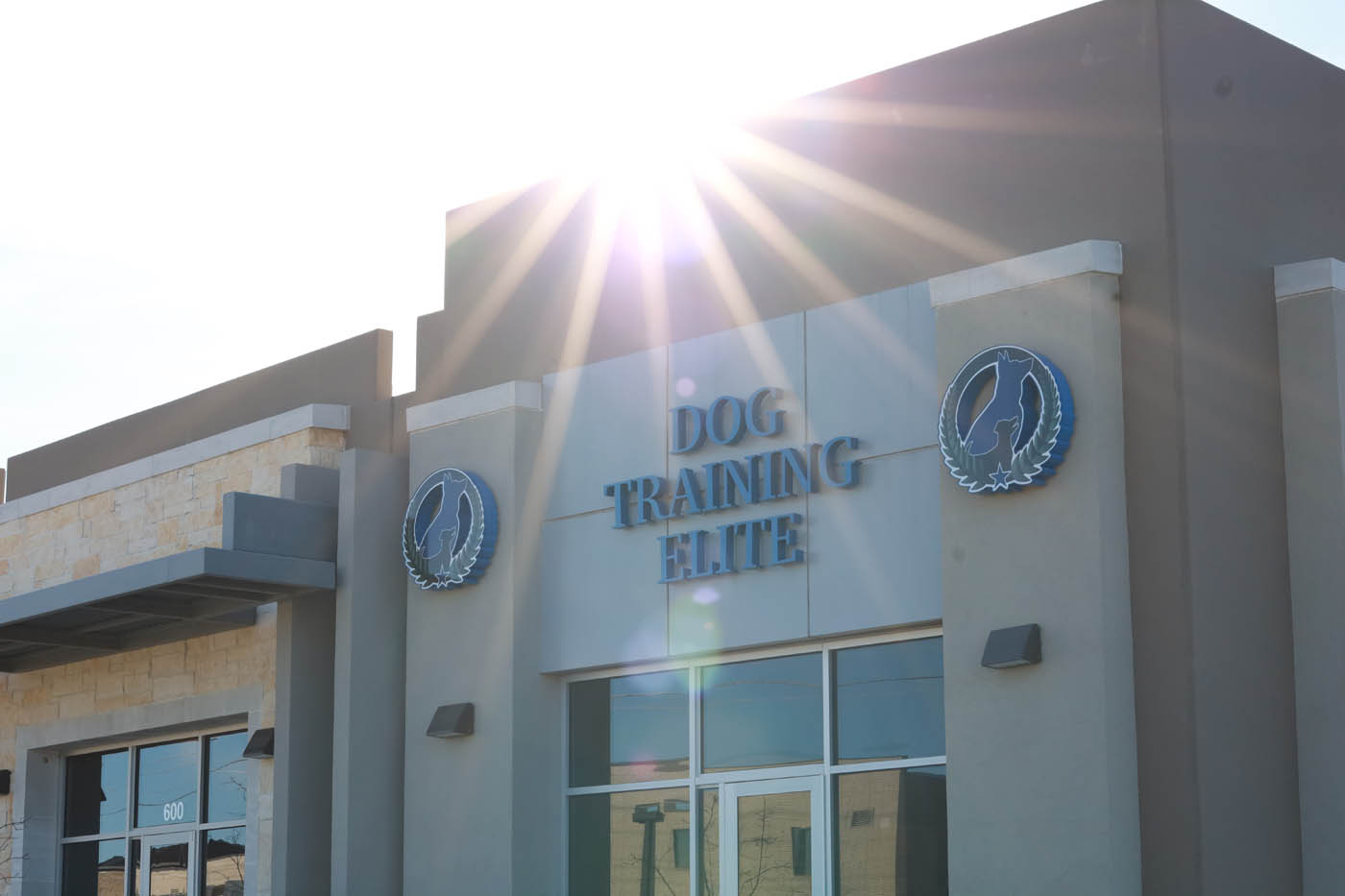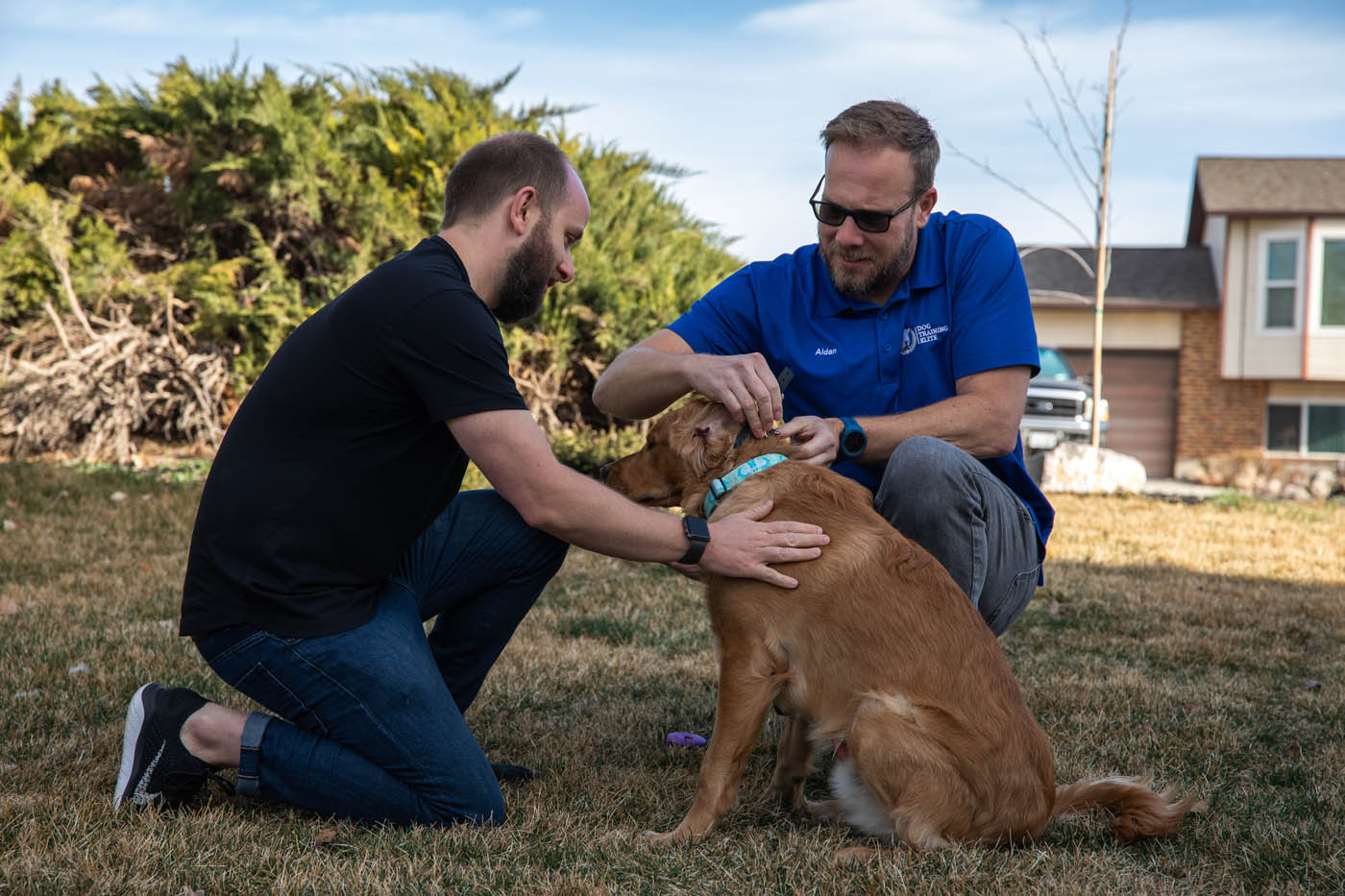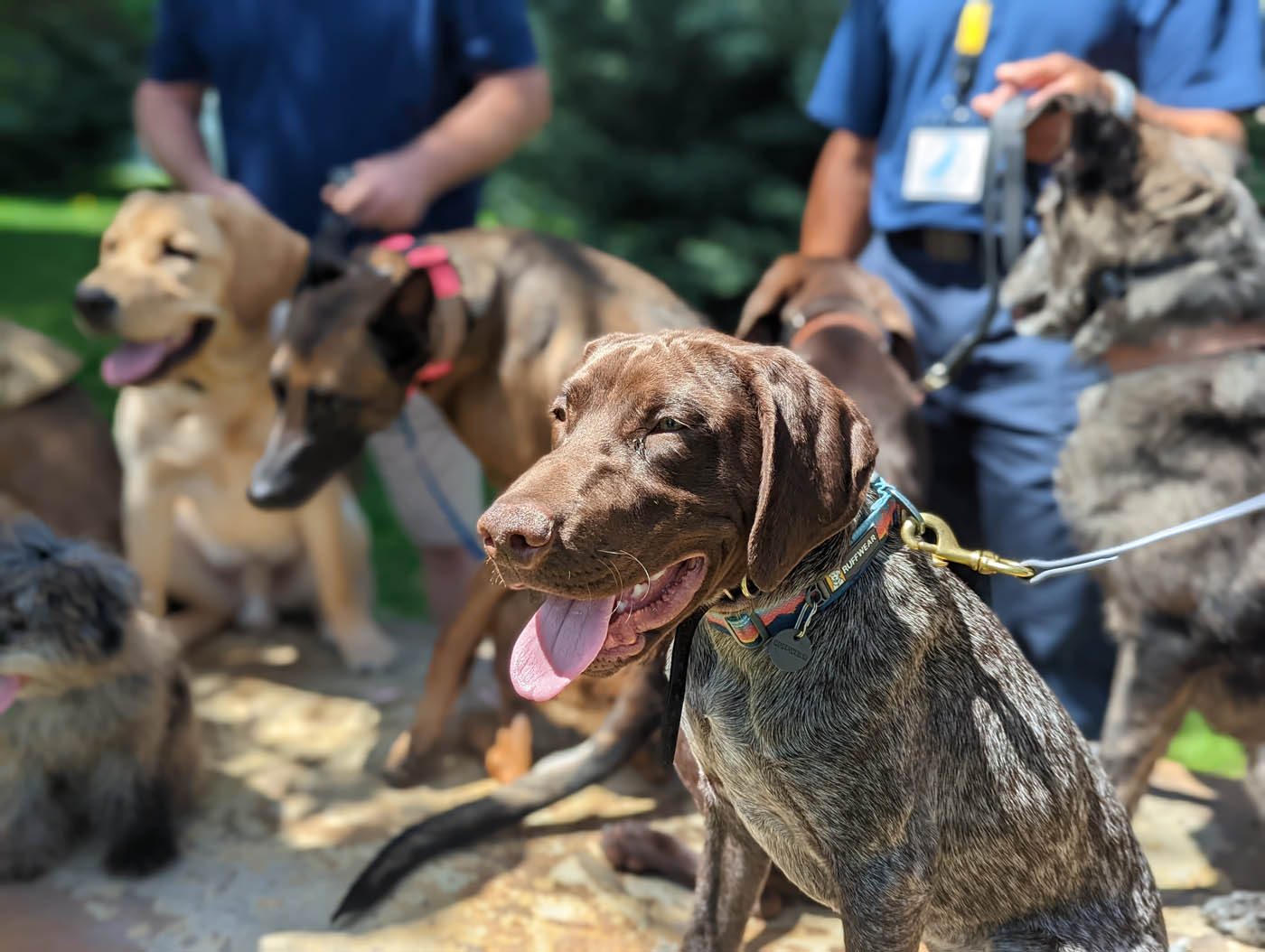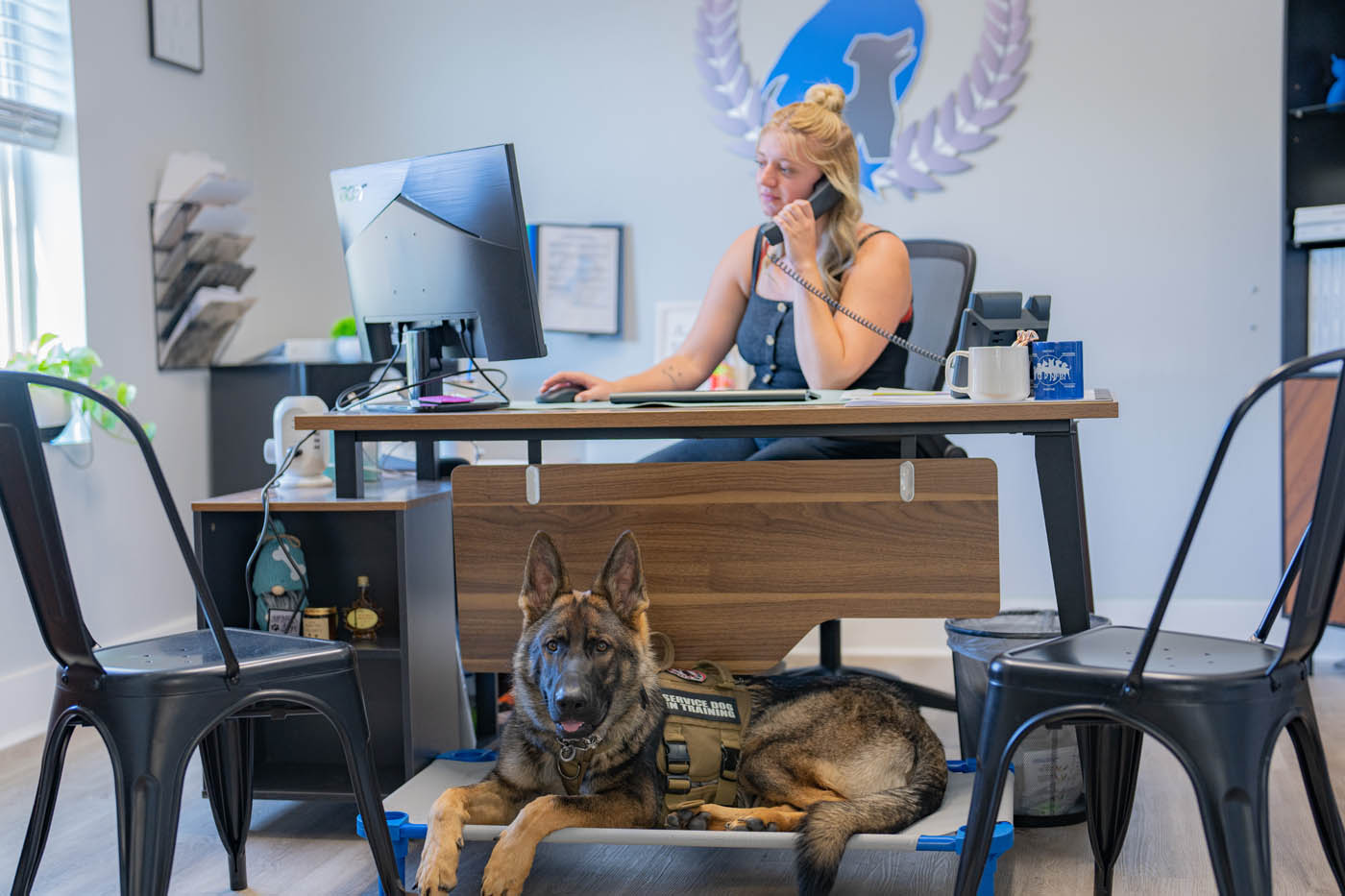Common Dog Emergencies in Salt Lake City, UT
October 22, 2020
While most dog illnesses are not urgent, health emergencies can occur. Many of these emergencies can be fatal, so it is important to have an emergency vet contact on hand in Salt Lake City, UT.

Trauma or Severe Bleeding
Obvious cases of trauma, such as falling, broken limbs, a car accident or a fight with another dog should be addressed immediately. Even if there is not much visible damage, your dog could be suffering from internal bleeding or organ damage. Any type of traumatic event or excessive bleeding must be investigated further.
Excessive Vomiting or Diarrhea
Our four-legged friends love to get into things that they shouldn't, including the trash. Loose stool or vomiting once may be nothing more than an upset stomach from a dog that ate something it shouldn't. A dog that is excessively vomiting or defecating, however, is cause for concern. Your pet may have ingested poison or could be suffering from a painful bowel obstruction, so be sure to get to the vet as soon as possible.
Difficulty Breathing
Choking or difficulty breathing is a life-threatening emergency. Causes range from a foreign object blocking the airway, viral or bacterial lung infection, allergic reaction, poison ingestion, a venomous insect bite or even heart failure. Do not try to clear your dog's airway, as he may bite you by accident.
Heat Exhaustion and Heat Stroke
Unlike humans, dogs cannot sweat to regulate their body temperature. Panting allows dogs to cool themselves down, which is why you will notice your dog panting during play or on a warmer day. Panting is sometimes not enough to combat extreme heat or intense exercise, however. Elevated body temperature that cannot be controlled causes heat exhaustion in dogs, which can lead to heat stroke and heart failure if not immediately addressed. Signs include excessive panting, lethargy, convulsions, vomiting, dark red gums and lack of coordination. If you suspect heat exhaustion, contact an emergency vet immediately. If there is no way to get to the vet, you can try to cool down your dog by placing him in a pool or freshwater, giving him fresh water to drink, bringing him inside to an air-conditioned room or placing cool rags on his body.
Inability to Urinate or Defecate
When severe, the inability to urinate or defecate is typically accompanied by whining and visible discomfort. Kidney failure or worse can occur in these cases so it is best to see a vet as soon as possible.
Poison Ingestion
If you catch your dog ingesting something poisonous, immediately get to the vet. If you suspect poisoning but are not sure, some signs to be on the lookout for include excessive vomiting or diarrhea and difficulty breathing. Common poisons ingested by dogs include pest poisons, household cleaners, chocolate, grapes or raisins and human medications.
Seizures
Seizures are frightening experiences for dogs and their owners. There are various causes of seizures, ranging from poisoning to epilepsy, so it is important to have your dog checked out as soon as possible. One seizure is not life-threatening, but cluster seizures (or multiple seizures that occur at once) and prolonged seizures can be. Be gentle with a dog who has just had a seizure as they are likely to be confused and disoriented. Never put your hands or face near the mouth of a convulsing dog as they may bite you.
This list is not exhaustive. Any time your dog seems ill or is acting out of character, it is always better to check in with your vet. Dog Training Elite in Salt Lake City always encourages dog owners to keep a close eye on their four-legged companions. Even if your dog doesn't seem in immediate danger, unknown health issues can progress quickly and it is always better to be safe than sorry.

Dog Training Elite Salt Lake City
Get Your Free Assessment
You and your canine companion really can have it all. See how easy it can be to become a member of the elite pup society by requesting a free consultation today!





